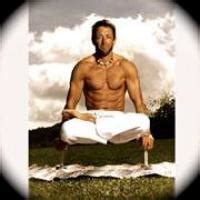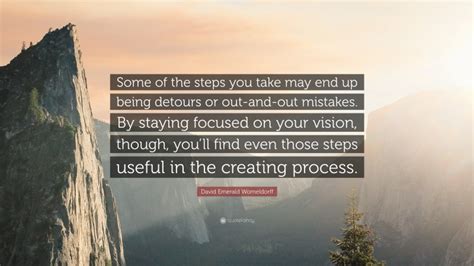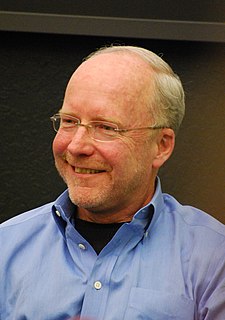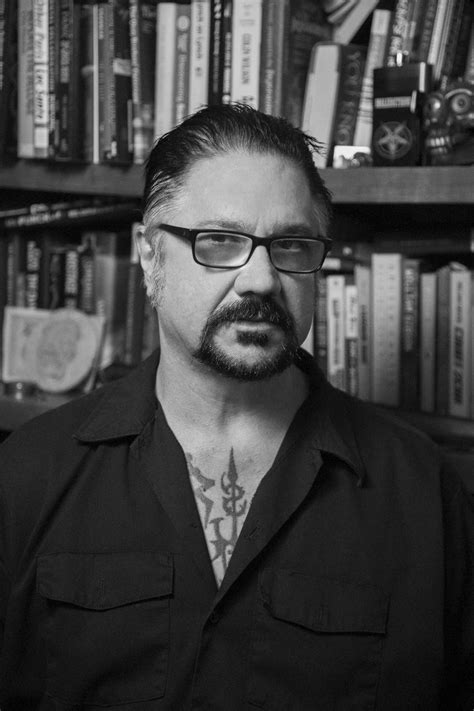A Quote by David O. Russell
I suppose what I like about Zen is that the teachers are constantly questioning your insight and challenging it, looking for sloppiness or laziness in it, and ways you can go past that.
Quote Topics
Related Quotes
The most important part of the practice is for the question to remain alive and for your whole body and mind to become a question. In Zen they say that you have to ask with the pores of your skin and the marrow of your bones. A Zen saying points out: Great questioning, great awakening; little questioning, little awakening; no questioning, no awakening.
Zen is really just a reminder to stay alive and to be awake. We tend to daydream all the time, speculating about the future and dwelling on the past. Zen practice is about appreciating your life in this moment. If you are truly aware of five minutes a day, then you are doing pretty well. We are beset by both the future and the past, and there is no reality apart from the here and now.
If you're just addressing your own emotions and challenging yourself to find some sort of harmonious sense of being in life and questioning authority and questioning what's given and questioning what's expected of you, you're already on the cusp of finding something in yourself, and maybe waking something in somebody else.
As each wave of technology is released. It must be accompanied by a demand for new skills, new language. Consumers must constantly update their ways of thinking, always questioning their understanding of the world. Going back to old ways, old technology is forbidden. There in no past, no present, only an endless future of inadequacy
I was an ordinary boy at school, a young man. In fact, what did the headmaster once say? "You're constantly challenging those in authority; questioning and challenging those in authority." Which was not really the way I saw it. I felt there were questions that had to be answered, and things that weren't quite right.
Zen purposes to discipline the mind itself, to make it its own master, through an insight into its proper nature. This getting into the real nature of one's own mind or soul is the fundamental object of Zen Buddhism. Zen, therefore, is more than meditation and Dhyana in its ordinary sense. The discipline of Zen consists in opening the mental eye in order to look into the very reason of existence.




































